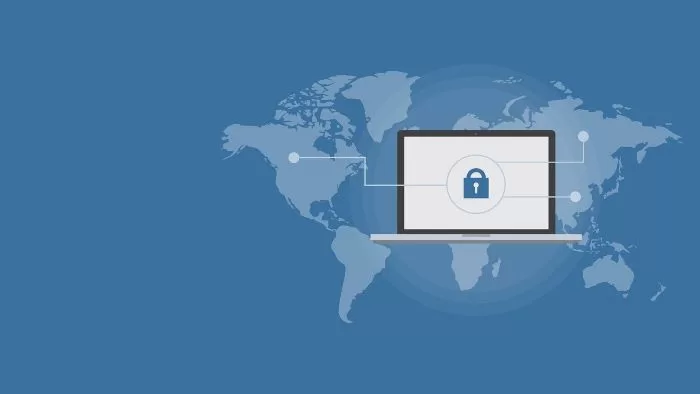Tips For Cyber Security Awareness

The Internet has always been a space where we go and find anything to make our life better and easier. From shopping, looking for recommendations, organizing a trip, scheduling appointments to getting our dose of social interactions, we knew the internet would be there for us. But lately, the internet has also become a dangerous space riddled with cyber security risks. With new threats emerging every day, it can be overwhelming to know what you can do to stay safe online. Luckily, with these tips for cyber security awareness you can significantly reduce the risk of cyber attacks.
1. You are not immune
According to the FBI Internet and Crime Complaint Center they receive an average of 900 internet crime complaints each day. The most damaging thing you can say is: “It won’t happen to me” and bury your head in the sand. Cybercriminals do not discriminate when it comes to choosing their victims.
2. Use multi-factor authentication
Whenever possible use two-factor or multi-factor authentication to introduce an additional level of security in addition to your password. It might take longer to login on a website, but it is worth it for your security. This does not apply only for individuals as all of the businesses and organizations would benefit by implementing two-factor or multi-factor authentication into their security protocol to safeguard not only theirs but also their customers confidential data. By combining it with device fingerprinting it will be possible to stop the cyber attack before it even happens.
3. Keep your software updated
It is essential to install software updates for your operating system, programs and applications as that helps to remove any security vulnerabilities hackers could’ve used to access your devices. If you turn on automatic system updates, you won’t even have to worry about it, your devices will look after themselves.
4. Use firewall and anti-virus protection
This helps you to fight against malware or viruses by stopping them from entering your devices and doing any damage to your data. Make sure you only install anti-virus programs from a trusted source and that you keep it up-to-date to ensure its efficiency.
5. Educate yourself and your employees
It is hard to know how to fight, if you don’t know what you are fighting against. By educating yourself and your employees about the dangers you are facing, how to recognize them, and how to defend against them, you reduce your chances of becoming a victim. Take social media as an example. Both you and your employees surely use social media platforms in your everyday life, but are you aware how dangerous oversharing can be. By oversharing on social media you can provide cybercriminals with all ammunition they need for their attack.
6. Implement good password management
Almost every website requires us to make a password, creating all too many passwords to remember which is why most people keep reusing the same password. This is extremely dangerous as they are usually the only thing safeguarding your accounts and if only one of your accounts becomes exposed that gives the cyber criminals access to all of your accounts that use the same password. You can always use a password manager to keep a track of your passwords if they all get too much to remember.
7. Back up your data
Last, but not any less important step in ensuring your online security is backing up your data. This is often overlooked by individuals, but also by businesses as they are not aware of its importance, but regularly backing up your data can make a difference between you losing all of your data and keeping it safe. Consider it the ultimate recovery tool.












